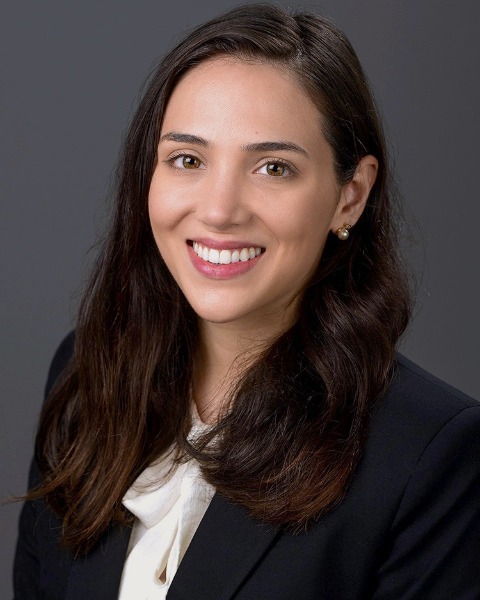Global Neonatal & Children's Health 6
Session: Global Neonatal & Children's Health 6
801 - Navigating End-of-Life Decisions in NICUs: A Qualitative Study of Parental Perspectives in Turkiye
Sunday, April 27, 2025
8:30am - 10:45am HST
Publication Number: 801.5936
Elif Ozdogan, Boston Children's Hospital, Boston, MA, United States; Tutku Ozdogan, Istanbul University, Istanbul, Istanbul, Turkey; Arin Namal, Istanbul University, Istanbul, Istanbul, Turkey

Elif Ozdogan, MD (she/her/hers)
Resident physician
Boston Children's Hospital
Boston, Massachusetts, United States
Presenting Author(s)
Background: Advances in neonatal care have increased survival rates for critically ill newborns, yet complex ethical challenges persist, particularly in regions like Turkey, where life support withdrawal is legally and ethically constrained. Parental involvement in these end-of-life (EOL) decisions remains limited, with cultural and religious factors playing a significant role.
Objective: This study aims to examine the experiences, values, and beliefs influencing Turkish parents' decisions on life support for newborns in NICUs, contributing a developing country's perspective to the literature on neonatal EOL decision-making with cultural underpinnings.
Design/Methods: A qualitative study was conducted with 11 parents of nine children who faced EOL situations in NICUs (Table). In-depth, semi-structured interviews took place in the families’ homes, addressing parents’ experiences, beliefs, and the cultural underpinnings of their decisions. Thematic analysis was performed using NVivo software, identifying key themes related to decision-making dynamics and parental emotions.
Results: Six primary themes emerged: treatment process, emotional background, rational and cultural foundations, effects of decisions, and recommendations for other parents (Figure). Parents expressed feeling isolated from medical staff, relying on their faith for comfort and attributing the ultimate decision to God. Parents showed a mixture of hope and acceptance regarding their child’s condition, with some recognizing the need for comfort care yet feeling unable to request it directly.
Conclusion(s): Turkish parents’ EOL decisions are shaped by a complex interplay of religious beliefs, cultural values, and level of communication with healthcare providers. This study suggests the need for enhanced communication, religious and ethical counseling, and institutional support for bereaved families. Clear policies on shared decision-making and improved EOL care protocols may help align parental needs with medical realities, fostering ethically sound and culturally respectful practices in NICU settings.
Table. Demographic characteristics of newborns whose parents participated in the interviews.
.png)
Figure. Summary of thematic analyses (NVIVO software)


